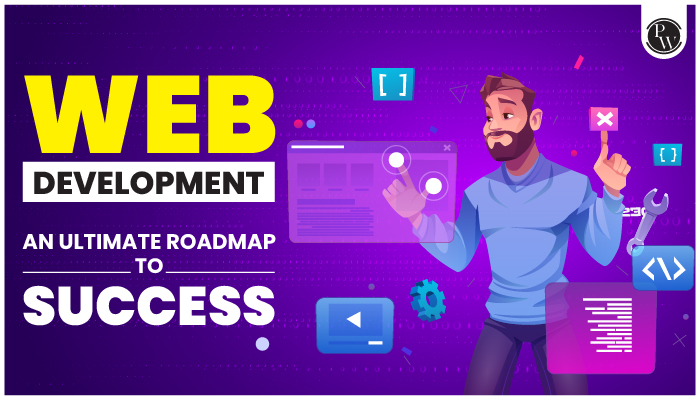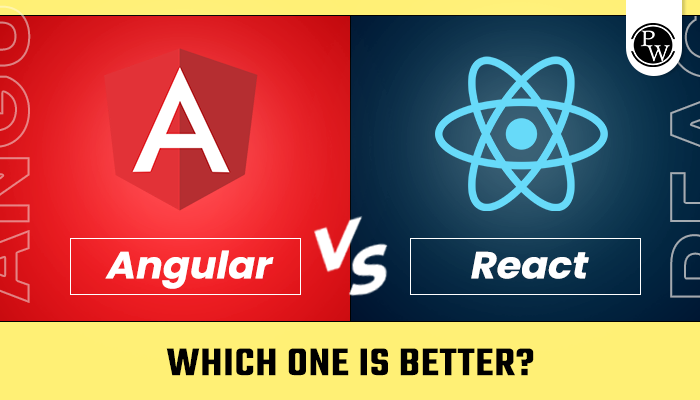When beginners in the tech industry consider which PHP developer programming language to learn first, PHP may not immediately come to mind. However, it would be a mistake to underestimate the relevance of PHP today.
PHP is an open-source language known for its speed and security, and it remains widely used for web development. It is the most widely utilized language for server-side development, with approximately 80% of websites employing it in some capacity.
As you venture into web development, you may have overlooked PHP due to its perceived lack of glamour compared to languages like Python. There may be misconceptions surrounding PHP due to newer programming languages. This article aims to remove those misconceptions and highlight the career opportunities in PHP development.
Recommended Course :
What is PHP?
PHP: Hypertext Preprocessor is a famous open-source scripting language primarily designed for web development. As per the PHP website, it is well-suited for creating dynamic web applications and can be seamlessly integrated with HTML.
When a server executes PHP code, it generates HTML that the client then receives. This makes it a relatively straightforward language for beginners to grasp. However, PHP’s simplicity does not limit its capabilities. It offers a wealth of advanced features that seasoned programmers will find highly valuable.
What does a PHP Developer do?
A PHP developer is a skilled professional who utilizes the dynamic programming language PHP to create websites, applications, and programs. While the job title may sound simple, PHP developers fall under the broader categories of software developers or web developers. They possess specific expertise in PHP and its application.
Practical training, a college degree, and relevant certifications are essential to becoming a PHP developer. A professional PHP developer needs to have a strong understanding of computer science, web operations, and the functioning of the IT sector.
According to the data from Evans Data Corporation, there were approximately 23 million software engineers in 2018. This number is projected to grow to 26.4 million by the end of 2019 and increase to 27.7 million by 2023.
How to Become a PHP Developer?
Aspiring developers usually begin their journey by obtaining a bachelor’s degree in Software Engineering, Information Science, or Computer Science. The prerequisites to become a Web Developer are often less stringent than those for Software Developers.
Developers can gain practical experience even during their student years through projects, internships, and vocational training. Specialized courses and certifications are available for PHP developers to stay up-to-date with the latest technologies in the field. These resources ensure developers can continually enhance their skills and knowledge in this dynamic industry.
Get a related Degree.
To become a successful PHP developer, having a Bachelor’s degree in a relevant field is highly beneficial. While there are no mandatory rules or guidelines, it is advisable to start by pursuing a Bachelor’s degree that aligns with the requirements of a PHP developer role. You should consider technical graduate programs such as BCA, MCA, B.Tech, or DOEACC ‘O’ level. Opting for a relevant Bachelor’s degree will provide you with a better foundation and clear understanding of the concepts when you advance to higher levels of PHP training.
Gaining practical experience through computer programming or software development can significantly enhance your profile and improve your chances of success in PHP development.
Understand PHP
Now that you have obtained a relevant degree and the necessary knowledge, learning PHP as the next step is highly recommended. Focus on creating a strong foundation in computer programming, including basic algorithms and data structures.
There are numerous sources available for learning PHP, including:
- Online sources and reputable websites
- Books authored by subject matter experts
- E-books for convenient access
- Courses offered by e-learning institutes
- Online tutorials catering to different learning styles
- Physical classroom training programs for a more structured approach
- YouTube tutorials offering visual instruction
- Attending seminars and webinars to gain valuable insights
- Trustworthy blogs and websites providing helpful resources and guidance
By exploring these diverse learning options, you can effectively develop your PHP skills and expand your knowledge base.
Do projects in PHP
After acquiring comprehensive knowledge and training in PHP and its core concepts, embarking on practical PHP projects is essential. Engaging in these projects serves multiple purposes: it reinforces your theoretical understanding of PHP, enhances your resume, and distinguishes your profile from other candidates.
Working on PHP projects prepares you to tackle real-world challenges that you may encounter in your PHP career. To effectively work on these projects, it is crucial to know MySQL and jQuery, as they are integral components of PHP development.
Do Certification Courses
Certifications play an important role in validating your skills and expertise. A PHP certificate from reputable online education providers like Intellipaat can greatly enhance your skill set.
PHP certifications prove your proficiency in working with PHP, showcasing your ability to handle real-life PHP processes and projects at various levels. You demonstrate your dedication and competence in PHP development by acquiring these certifications.
PHP Developer Salary
Various factors, including job roles and experience, determine salary ranges. In India, the average annual salary for PHP Developers is ₹278,716, as reported by PayScale. For entry-level PHP Developers with less than 1 year of experience, the average annual income is around ₹172,073.
Those with 1-4 years of experience can anticipate an annual salary of approximately ₹264,742. PHP Developers with 5-9 years of experience can earn around ₹543,053, while those with 10-19 years of experience can expect an annual income of about ₹885,098. It’s important to note that these figures provide a general overview of PHP Developer salaries and may vary based on additional factors such as location, industry, and individual skill set.
Skills Required to Become a PHP Developer
A proficient PHP developer possesses a strong skill set and expertise in various areas, including:
- PHP programming at the beginner level
- Ajax for asynchronous web development
- MySQL for database management
- jQuery for streamlined JavaScript functionality
- Knowledge of HTML, CSS, and JavaScript for full-stack development
- Familiarity with Unix/Linux, APIs, and MVC framework architecture
- CakePHP, an open-source web framework
- PHPUnit, a unit testing framework
- Proficiency in design tools like Photoshop
- Essential soft skills include effective communication, problem-solving abilities, and critical thinking.
Considering upskilling options in PHP can be a valuable career move for developers already in the industry. Continued learning and additional education are essential for professional growth. Not only does upskilling enhance prospects in the current job, but it also opens doors to new opportunities within the industry. Acquiring new skills is a stepping stone for advancing to higher positions in the field.
Frequently Asked Questions
Q1. Enlist some essential PHP development tools.
Ans.
- phpStrom
- Zend studio
- NuSphere PHP
- NetBeans
- Cloud9
- CodeLobster
- Sublime Text
- Eclipse
Q2. What are the key areas for the working of a PHP developer
Ans. PHP offers different avenues for usage and application, catering to various needs and preferences:
- Server-side scripting
- Command-line scripting
- Writing desktop applications
By understanding these different applications, developers can effectively utilize PHP to meet their specific requirements and leverage its capabilities in various scenarios.
Q3. Is it a good career option to become a PHP developer?
Ans. Yes, a PHP developer is a good career option. Many developers use the language, and there is a constant demand for those with experience in PHP frameworks like Laravel or Drupal.
Q4. Can a PHP developer be considered a web developer?
Ans. A web developer is responsible for creating websites and web applications, which can involve working on the frontend, backend, or full-stack development. PHP is a scripting language majorly used for backend development. PHP developers are responsible for creating backend logic, software, and applications using PHP.
Q5. Is PHP developer better than Nodejs?
Ans. PHP and Node.js are both popular backend options. PHP is a scripting language, while Node.js is a JS runtime environment. Use PHP for server-side scripting and Node.js for modern web app development.




